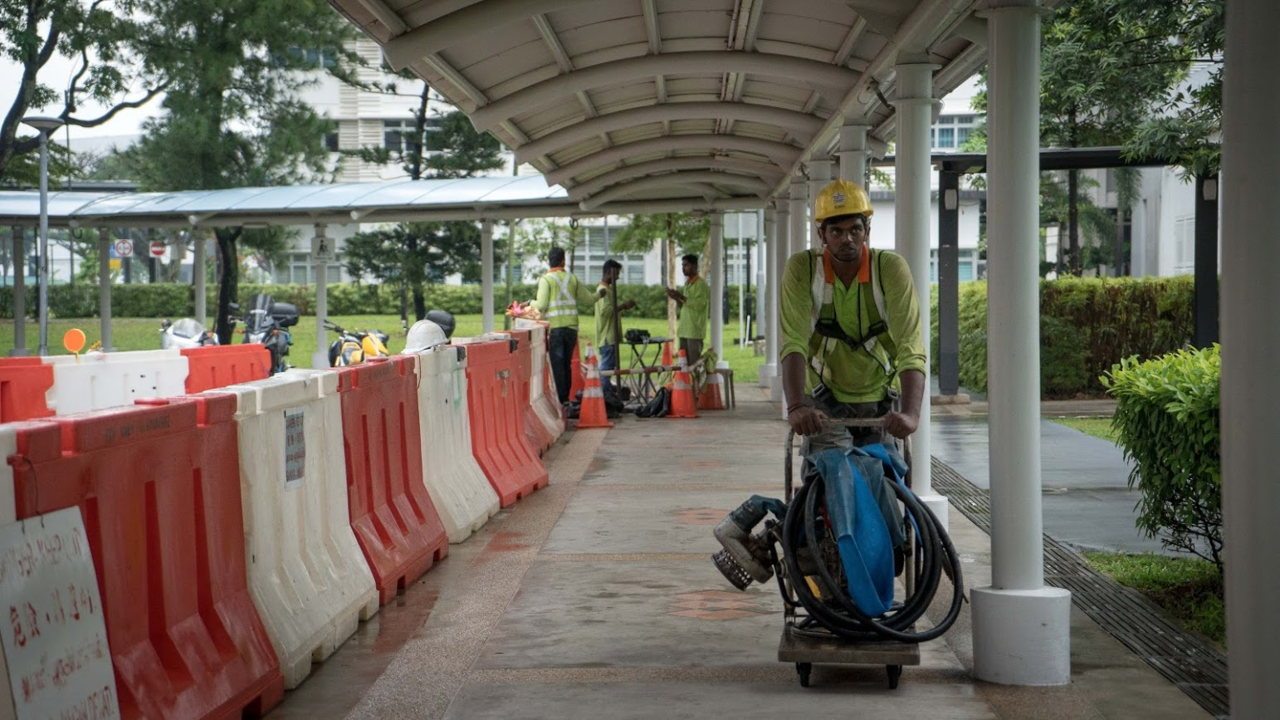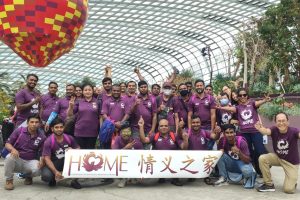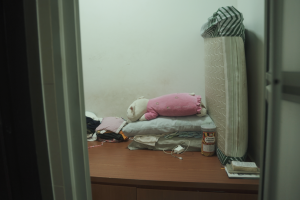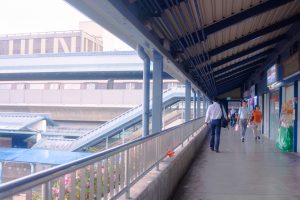All images RICE file photos unless otherwise stated.
The circuit breaker may be easing, but migrant workers’ worries are far from over.
Since the outbreak began sweeping through the dormitories in early April, the situation on the ground has evolved, and migrant workers’ needs with them. The ‘first wave’ of relief efforts focusing on immediate needs, like food and medical supplies, has shifted towards more medium-to-long-term concerns over mental health, salary payment, and job security.
Domestic workers have also emerged as a second, invisible crisis, with a surge in reports of overwork and mental distress since the start of the circuit breaker.
With so many initiatives in this space, different groups have different focus areas and concerns. We caught up with several migrant support groups on what they’ve been doing, and what their key concerns are moving forward.
HOME: Casework and long-term advocacy for both migrant workers and migrant domestic workers
What they’ve been doing: HOME has been focusing on casework and advocacy, direct outreach and coordinating donations (particularly to migrants living in private accommodation), and providing financial and social support.
Their helplines are still operating, although their shelters have not been able to take in new residents, and their walk-in helpdesks have been closed since the start of the circuit breaker. They expect demand for their casework and financial assistance services to surge after the measures are eased.
Domestic workers’ challenges are another major area of concern. A joint survey they conducted with AWARE in April found that respondents were struggling with issues like overwork. under-payment, remittances, and access to information.
Looking ahead: Going forward, they see a need to balance short-term aid with structural change.
“There has been a generous outpouring of donations and increased willingness of people to be engaged in issues related to migrant workers … Hearteningly, there have been attempts to bring migrant workers together through talks and panel discussions,” said Jaya Anil Kumar, HOME’s Casework Manager.
“However, while there has been a generous outpouring of humanitarian aid, we also need to examine the structural gaps that have led to the need for this massive effort, and a recognition that we need to implement lasting change for the living and working conditions for migrant workers, and give them a voice to speak to their own issues themselves.”
How you can help: Direct cash donations, donations in kind (meals, groceries and housekeeping supplies, sanitisers, and top-up cards), and volunteering support (translation, communications, design, and casework) are all welcome. Contact ruchita.chheda@home.org.sg.
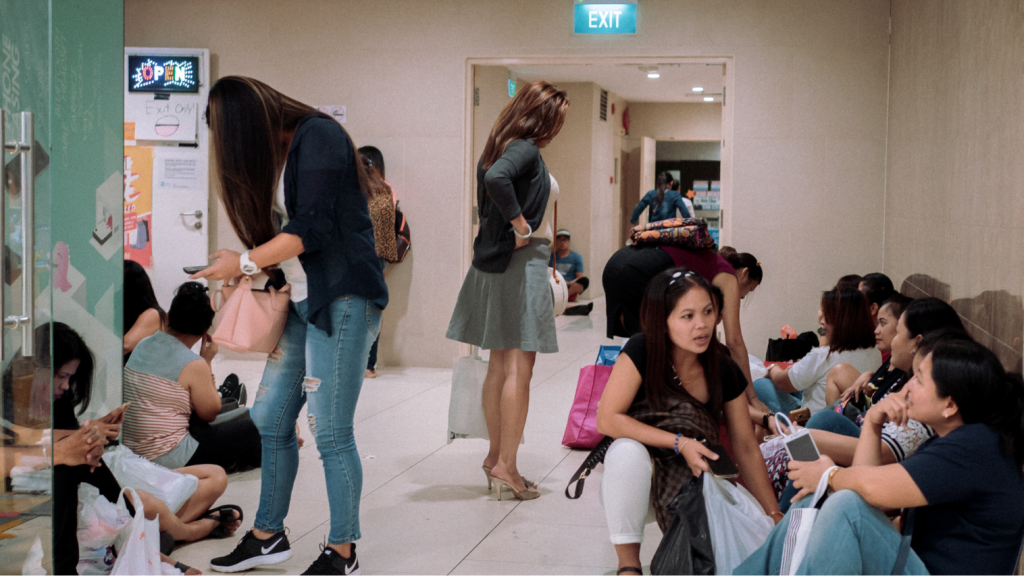
Healthserve: Medical support, including mental health and chronic care, case work, and social assistance
What they’ve been doing: Healthserve provides medical care, counseling, case work, social assistance, and other support to migrant workers.
Since the start of the circuit breaker, their team has been working largely on the ground, providing medical assistance and other support at dormitories and community care facilities. Their casework team has also been supporting workers on Special Passes, and working with HOME and TWC2 to reach out to workers living in private accommodation, many of whom have faced problems with eviction or are struggling to pay for rent and food.
Looking ahead: Mental health is a major concern going forward. “We’ve received a lot more enquiries about mental distress,” Suwen, Healthserve’s Head of Communications and Engagement, tells me. “Our counselling clinics have received close to 300 enquiries since they started on April 20th, ranging from mild to severe.”
Another emerging concern is the need for medical care for chronic diseases. Suwen explains that as migrant workers have undergone other health screenings along with testing for Covid-19, many have been diagnosed with chronic conditions like high blood pressure or cholesterol, but employers are often unwilling to help pay for their medication.
Like HOME, they expect demand for their casework and drop-in centre to rise even further after the circuit breaker is eased.
How you can help: Donations to their Migrant Health Relief Fund (earmarked specifically for Covid-19) are now closed. However, they are accepting donations to Healthserve’s general assistance fund.
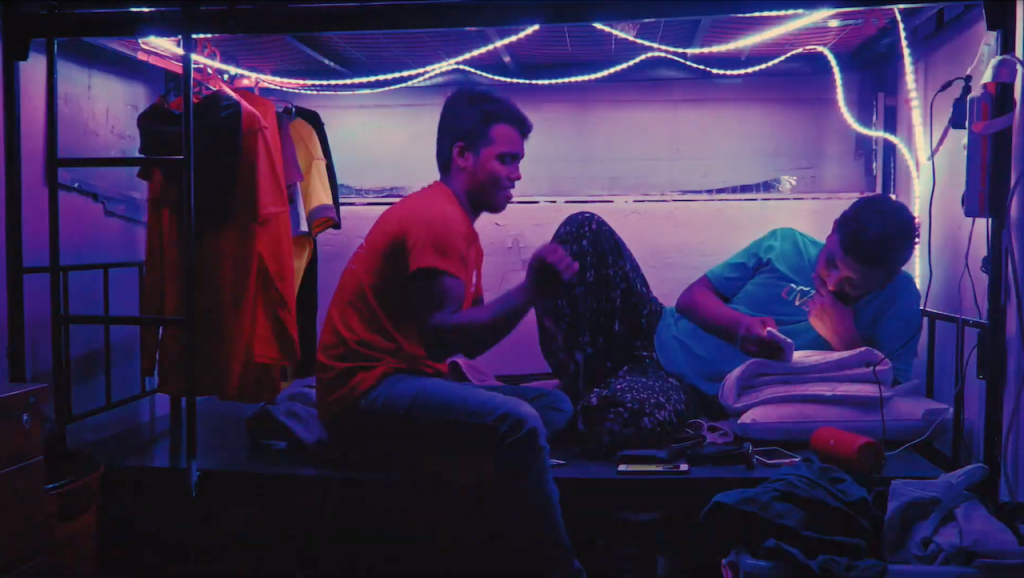
TWC2: Casework, particularly for migrant workers on Special Passes, and advocacy
What they’ve been doing: Although their office closed at the start of the circuit breaker, TWC2 has been keeping up their casework and advocacy services, including assisting workers on Special Passes (ie. men who have lost their jobs and are in the midst of salary claims), and workers whose claims have concluded but have not yet been paid or paid less than expected. They have also been providing workers with direct support, and run a campaign to buy prepaid phone cards.
Looking ahead: Although they expect any evolution of their services to be gradual, in line with the lifting of the circuit breaker, they will generally be re-focusing their attention on workers who have lost their jobs and remain highly vulnerable.
“These are the ones with salary and injury claims and abandoned by their employers,” said Alex Au, TWC2’s Vice-President.
“The hope is that workers still with jobs will be able to resume working and not have to depend on charity. Our fear though is that substantial numbers of workers will lose their jobs in the months to come, and our case load will increase dramatically.”
How you can help: “We have received tremendous support from the public in the form of donations, for which we are very grateful. But going forward, what we also need is support for the policy changes we are advocating, because unless we fix the policy defects that created the Covid-related and non-Covid problems, these will recur,” said Alex.
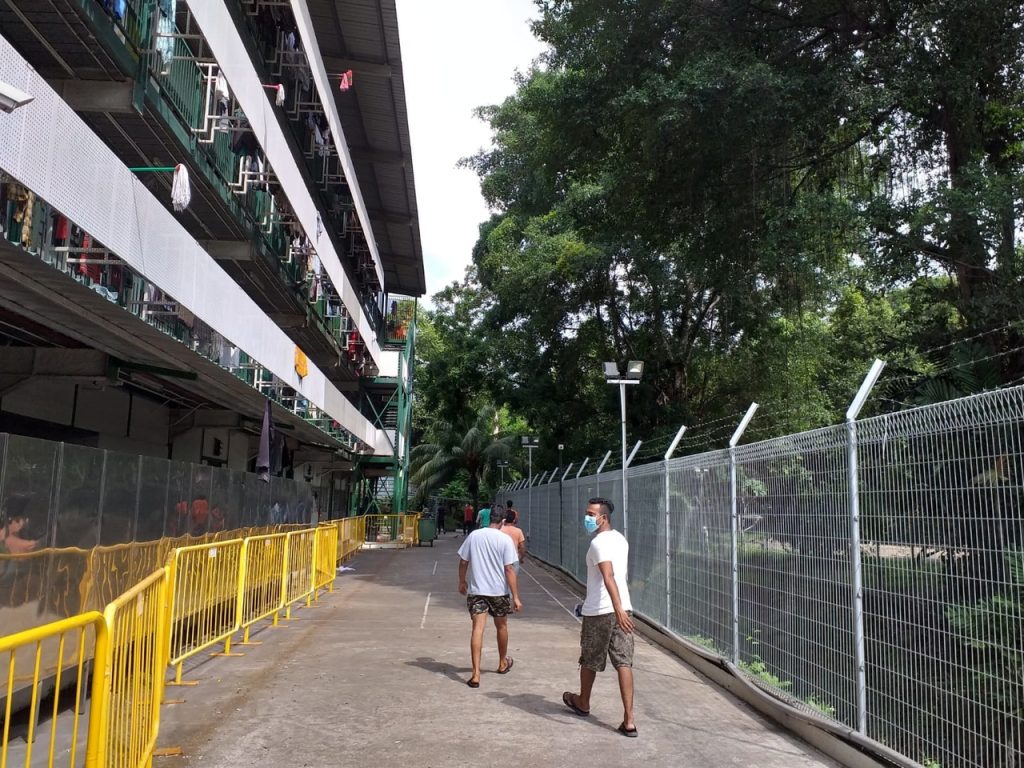
Migrant Workers’ Centre (MWC): On-ground support and employment grievance assistance
What they’ve been doing: Since the start of the circuit breaker, MWC has been providing extensive on-ground support at dormitories (both purpose-built and factory-converted).
They will assess the need to keep providing essential supplies as the situation evolves, although they anticipate that FCDs, in particular, may continue to need support for some time. They are also looking to acquire personal protective equipment (PPE) and oximeters for FCD operators and residents respectively, covering around 1,000 facilities.
They also provide employment grievance assistance services, and partner with MOM and the Tripartite Alliance for Dispute Management to provide interim support and ex gratia assistance to workers who are either in the midst of pursuing claims, or who have been unable to receive compensation despite successfully concluding claims (typically where the employer is unable to pay).
Looking ahead: While they plan to keep up their emergency response work in the dormitories, their post-circuit breaker concerns centre on financial and employment stresses.
“[T[he enforced downtime for many companies has led to quite severe financial strain on some companies, and some of our key concerns are the availability of adequate, real relief to workers that are marginalised as a result of the economic pressures on their employers brought on by the virus and the circuit breaker,” said Bernard Menon, MWC’s Executive Director.
He noted that as businesses begin to take stock of their employment situation, many may implement cost-cutting measures. “We fully expect many migrant workers to be displaced in this new norm and worse still, not have been paid salaries from April onwards.”
How you can help: While public support in terms of both monetary donations and donations in-kind has been “overwhelming” and “heartening”, they would appreciate donations to be made in cash going forward, as this would give them the flexibility needed to provide relief and gate-keep the claims process. Donations to their Migrant Workers’ Assistance Fund can be made here.
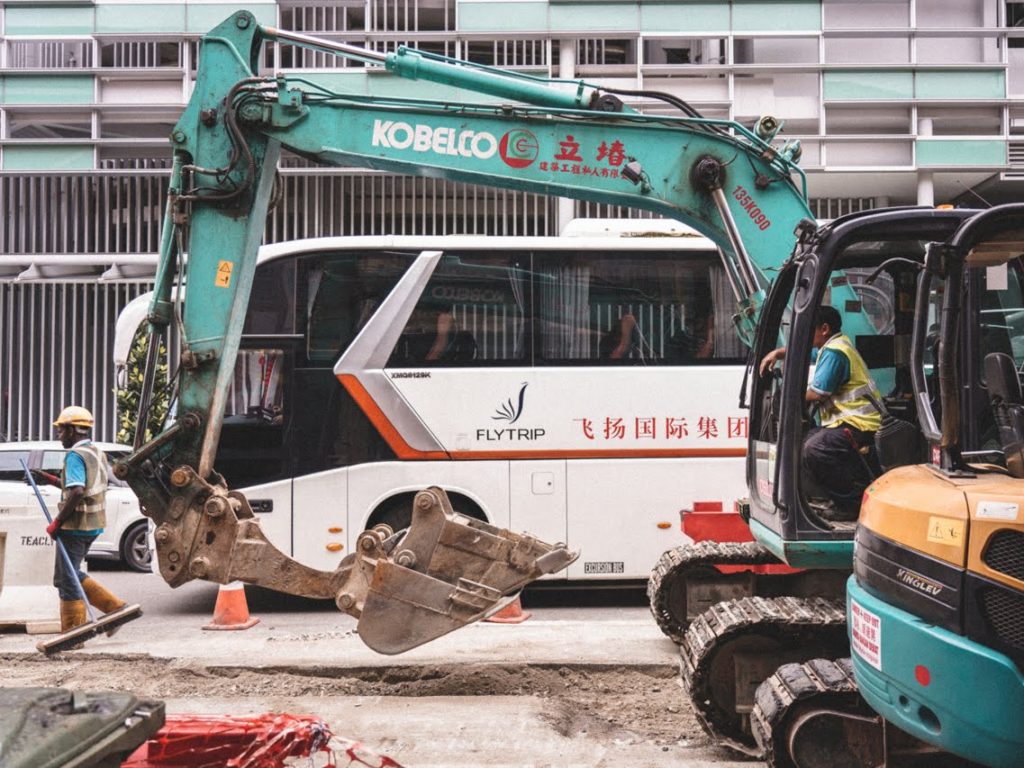
CMSC (Covid-19 Migrant Support Coalition)
What they’ve been doing: CMSC is a collective of ground-up initiatives, which banded together to address the immediate-to-medium term needs of migrant workers affected by the circuit breaker.
The collective has been providing meals and basic needs to migrant workers during this period, particularly those living in FCDs or other accommodation with limited access to resources, working with government agencies as well as other migrant community organisations and private sector logistics personnel. They also send out teams of interpreters, caseworkers and medical personnel to provide PPE to FCDs through their Reassurance Project initiative.
CMSC also runs programmes to support migrant workers’ mental and emotional well-being, such as relaxation classes (in collaboration with The Art of Living) and WePals (a befriending initiative which connects locals to migrant workers).
Looking ahead: Like many other organisations, they expect salary payment and housing issues to rise after the circuit breaker eases, and are ramping up their casework team and legal capabilities to meet these needs.
“We also anticipate the mental health effects on migrant workers to worsen in the coming months, due to the buildup of anxiety from (1) uncertainty of jobs, and (2) their family situations back at home, ” said a representative from the collective. They plan to increase communication touchpoints with migrant workers, in addition to their current mental wellness and occupational engagement initiatives.
They will also be keeping up the Reassurance Project, meal provision, and support for dormitory operators depending on need.
How you can help: You can donate, join their WePals befriender programme, send a note to a migrant friend, grant a wish, or provide knowledge support at their SG Migrant portal.
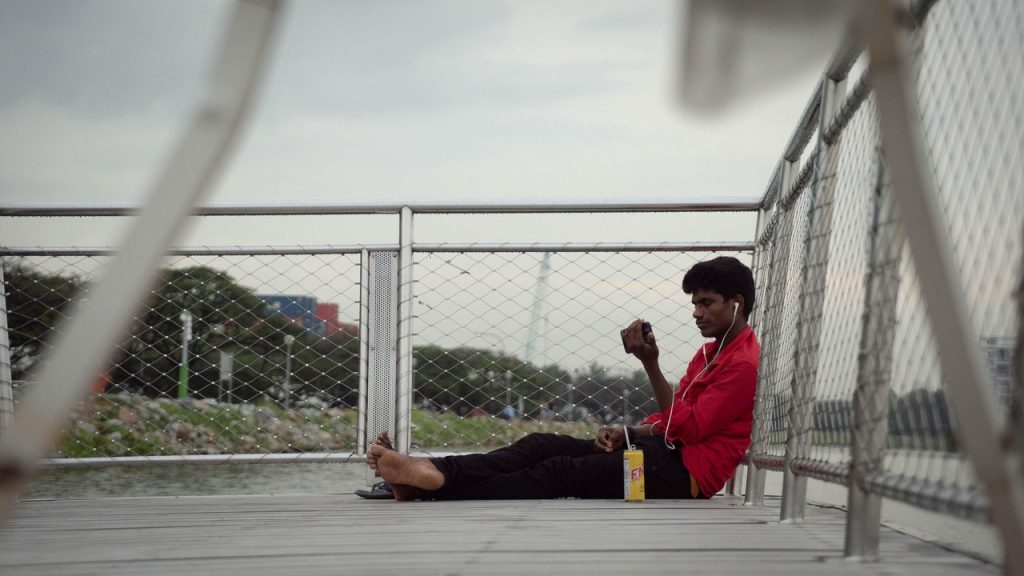
ItsRainingRaincoats: English classes, direct worker support, and meal provision
What they’ve been doing: ItsRainingRaincoats has been providing a range of targeted support and outreach programmes over the last few months.
Some of their initiatives include Project Belanja (providing hot cooked meals), a data card drive, providing care packs and miscellaneous needs like snacks, fans, phones, and board games, helpline support, and assistance to workers who contact them directly. Prior to the circuit breaker, they also began their MAD WISH initiative, which connects migrant workers with locals for 1-on-1 English classes.
The group has also been in touch with the families of migrant workers who passed away during this period.
Looking ahead: The group will be keeping up its various initiatives post-circuit breaker, and will be monitoring the situation to address shifting areas of need.
How you can help: Visit their Facebook page for more information, or this site for a full breakdown of their various Covid-19 response initiatives.
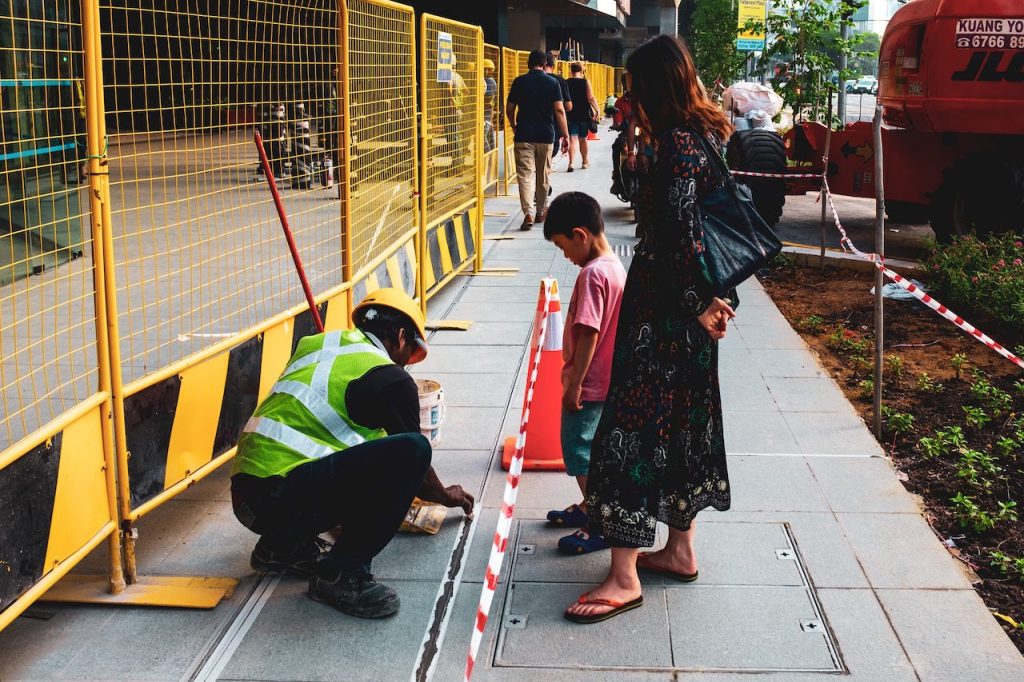
WIMBY (Welcome In My Backyard): Community integration initiatives
What they’ve been doing: WIMBY is a ground-up campaign which was set up in April, following the announcement that migrant workers in essential services would be temporarily rehoused in HDB flats in Redhill and Jurong West. They aim to counter NIMBYism by amplifying the message that migrant workers are ‘welcome in [my] backyard]’, and normalising relations between migrant workers and Singaporeans.
The campaign’s first initiative, Welcome Notes, collects notes of support for migrant workers. They have also begun an online panel discussion series, Backyard Conversations.
“Personally, while I believe that monetary donations are an important and viable way of supporting migrant workers during this time, perhaps something that will stick with people longer is the experience of having proper conversations and actual interactions with a migrant worker,” said Ethel Pang, one of WMBY’s committee members.
“Many Singaporeans have actually never had the opportunity to come face to face with a migrant brother; I think that conversations will go a long way in shattering stereotypes and helping people feel more personally invested in this cause in the long run.”
Looking ahead: The team will be keeping up Welcome Notes, and hope to extend the campaign to Ulu Pandan, Bukit Timah, and Upper Bukit Timah, which have also been designated as temporary rehousing sites.
They’ve also launched Backyard Hangouts, their virtual community, which aims to bring migrant workers and Singaporeans together through online activities like karaoke and board game nights. The team is also looking to expand their Local Integration efforts, which disseminate information and develop outreach sessions with residents in the rehousing estates.
How you can help: Write a Welcome Note, join their Virtual Community, or tune in to their Backyard Conversation panels. More information is available at www.wimby.sg or on their various social media channels (under the handle WelcomeInMyBackyard). They are also recruiting volunteers (contact welcomeinmybackyard@gmail.com).
This is by no means an exhaustive list of the many support efforts in this space. There are many others, including Project Chulia Street, One Bag, One Book/Migrant Writers of Singapore, Sama Sama, and the SDI Academy, all of which provide services ranging from casework and advocacy and community integration efforts to English classes.
Have you volunteered with any of these? Tell us about it at community@ricemedia.co.

